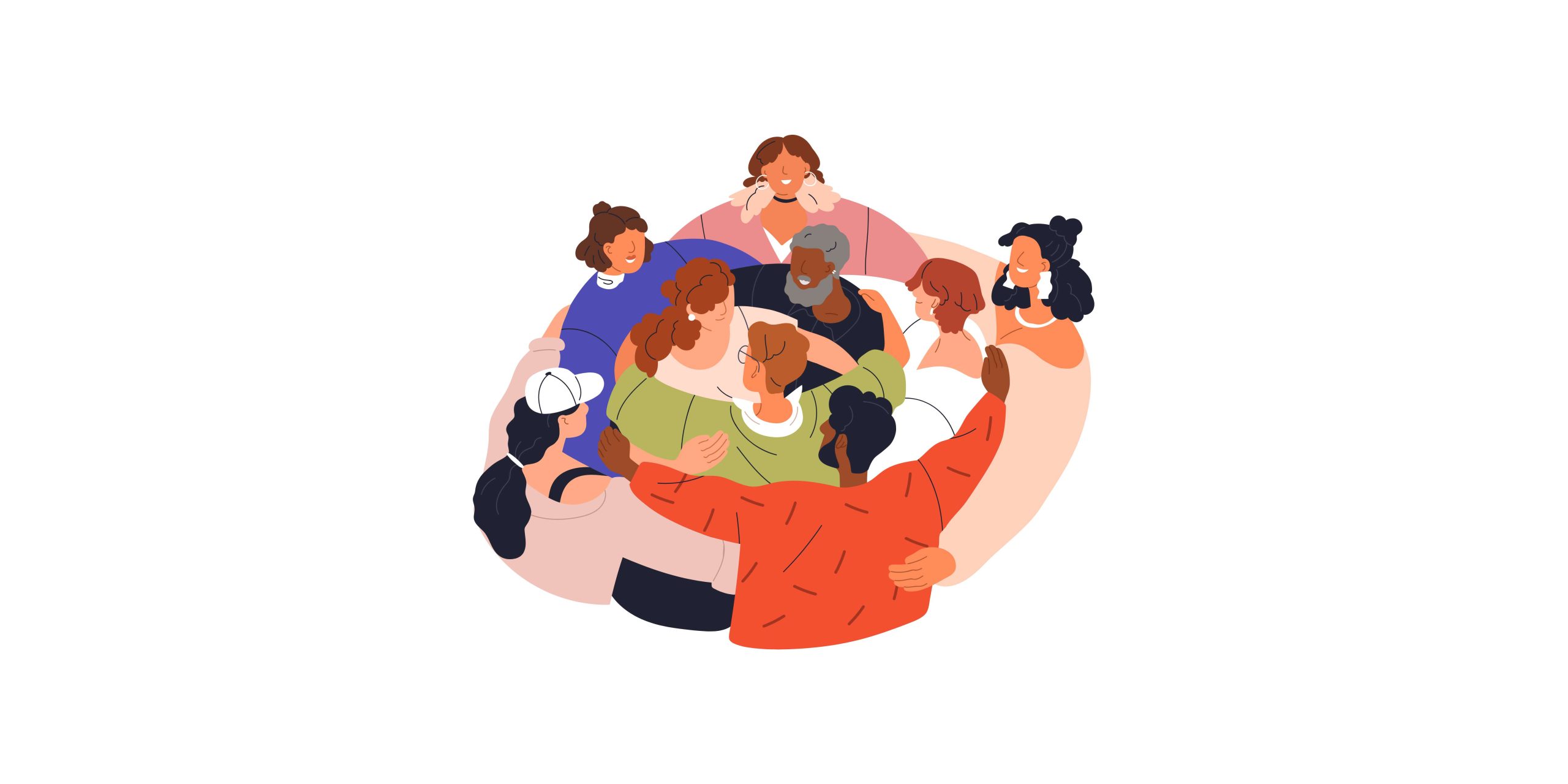The cancer journey is often marked by uncertainty and loss. During this challenging time, cancer fighters may be emotionally vulnerable and require extra understanding and support. As caregivers, we can play a crucial role in helping them navigate this difficult period.
Here are some tips for effective communication with cancer fighters:
What to do:
- Provide a listening ear.
- Understand what has been affecting them.
- Express your concern and show support.
- Validate their feelings by acknowledging how they feel.
- Physical touch (E.g. A friendly hug or hand-squeeze).
- Listen actively without judgment.
- Give your full attention to them.
- Allow for moments of silence without feeling pressured to fill them with words.
- Respect their privacy & give them space – If they avoid certain topics, do not force the conversation.
- Offer continuous support throughout the whole cancer journey (i.e. from diagnosis to recovery).
- Assure them that you will be there to listen if they want to talk, and then follow through.
What to avoid:
- Making judgments about their behavior (e.g. “Crying is bad for you”).
- Avoid telling them how they should feel. Expecting them to be strong or avoid sadness can add unnecessary pressure. (e.g. “You should be strong and strong, you cannot feel sad”).
- Dismissing their concerns (e.g. “You are just thinking too much”).
- Saying you know how they feel – We can never fully understand the experiences of a cancer patient, everyone’s experience is unique.
- Taking things personally when they seem upset/angry or avoid certain topics.
- Offering unsolicited advice.
- Comparing their situation with someone else’s – Every patient’s cancer experience is unique.
- Humour – Unless they have used it themselves.
- Interrupting – Let them lead the conversation.
- Cheer them up if they cry – Acknowledge their feelings and let them know that it’s okay to cry. Sadness is a normal part of the cancer experience.
- Changing the subject if you’re finding it difficult or upsetting – say how you feel, this can prevent any awkwardness.
The most important thing is to approach cancer fighters with genuine understanding, care, and a willingness to support them. This will help build a strong and lasting relationship.
Should you need someone to talk to, you may reach out to our counsellors for support.






